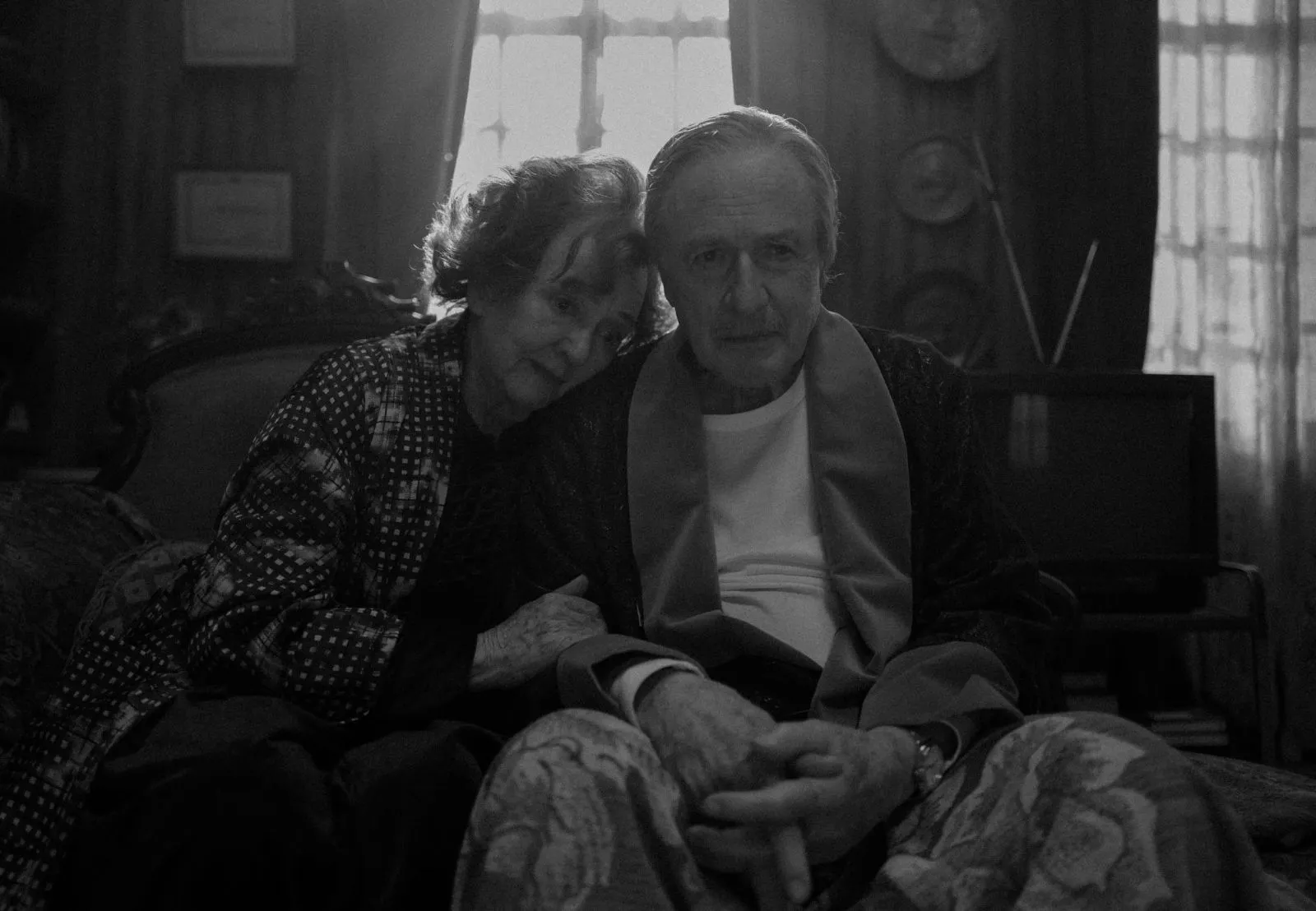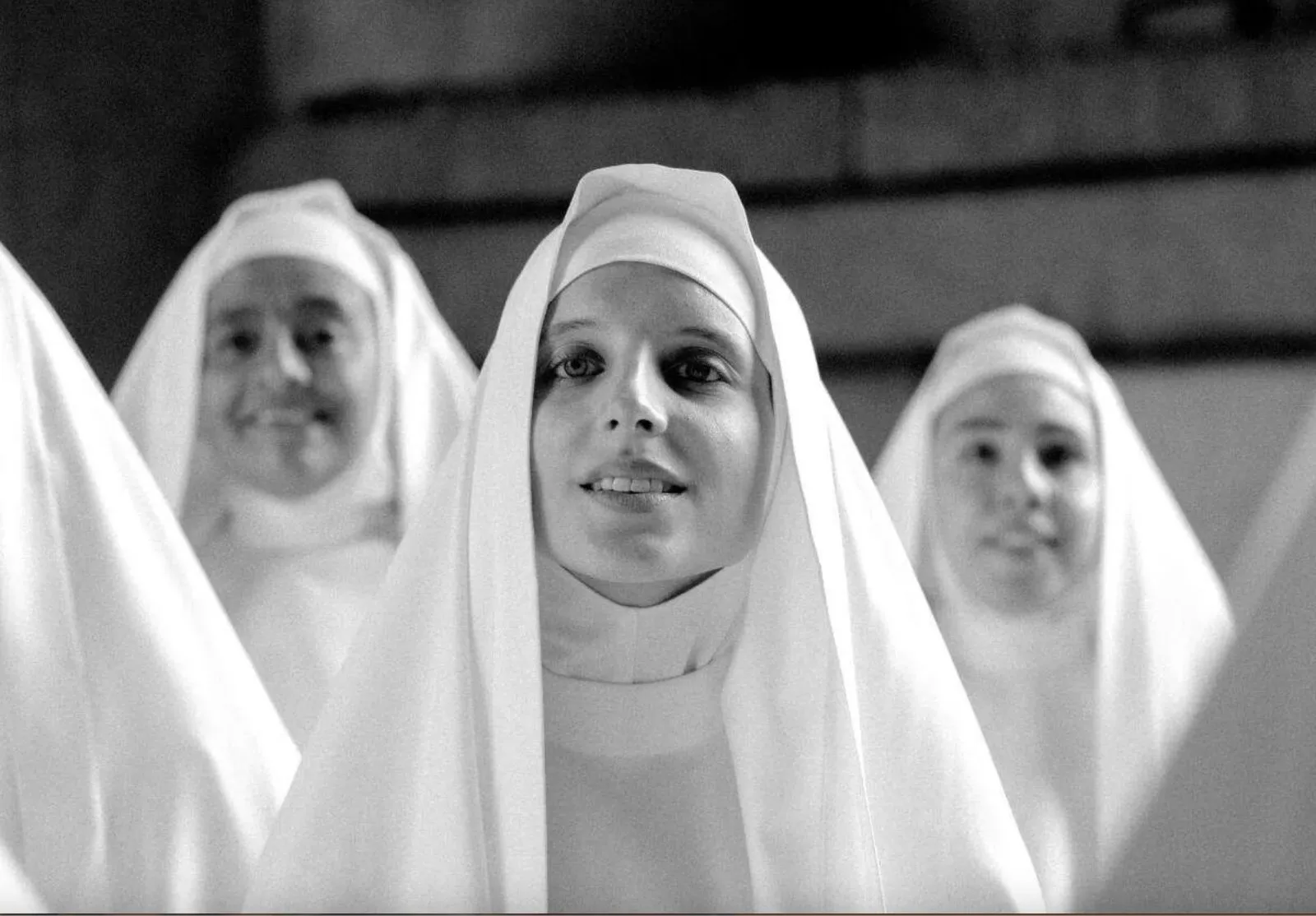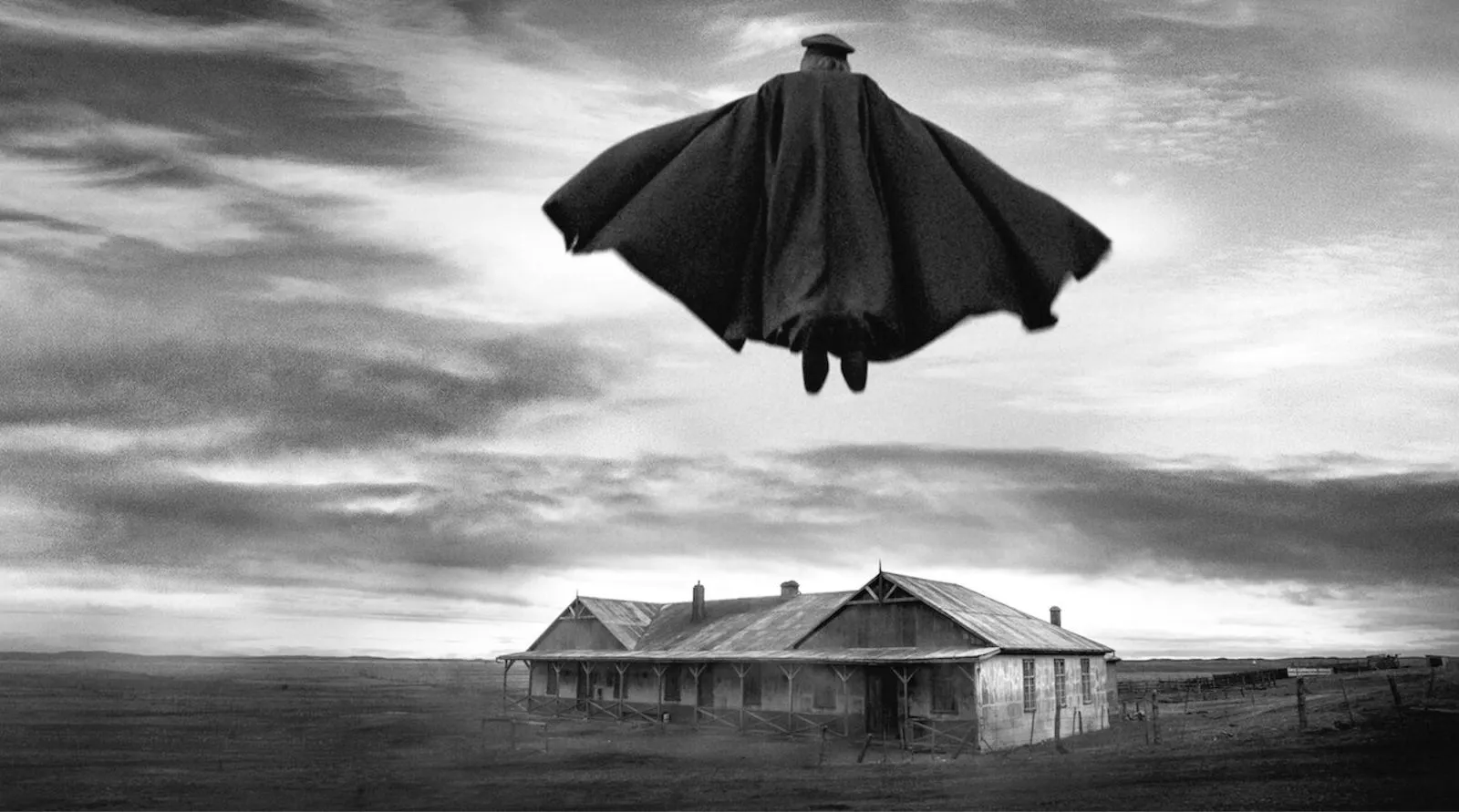A dictator, whose political power remains only within a very narrow circle of loyalists, desires to die. He has already faked his death several times in attempts to start anew, but the bloody trail continues to haunt him, making it difficult to cover his tracks. In Pablo Larraín’s satirical fantasy, Augusto Pinochet is once again the central figure—the director previously reflected on the tyrant in the historical drama “No.” While the previous film negated the prospect of the dictator’s eternal life, even in historical memory, Larraín’s new film allows this macabre evil to linger on earth.
A 250-Year-Old Vampire
Augusto Pinochet (Jaime Vadell) has turned 250 years old, and for breakfast, he enjoys a smoothie made from hearts—perhaps that’s why he’s so well-preserved. It turns out that the tyrant was able to drink the blood of his people not only figuratively: in the director’s version, the historical figure, not known for any good deeds, is also a vampire. While we are accustomed to bloodsucking tyrants clinging to power, Pinochet nobly decides to die. “The Count,” as Augusto prefers to be called, has done everything for a people who did not recognize his greatness. Besides his children, who dream of seizing his hidden treasures, nothing holds Pinochet back—and even his offspring are not particularly compelling.

Alfredo Castro as Augusto Pinochet in a still from “The Count”
Larraín’s Fascination with Personal Lives
Larraín has a particular fondness for dissecting the personal lives of those constantly under scrutiny. In 2016, in “Jackie,” the director dramatized the private suffering of John F. Kennedy’s wife, and two years ago, he made the world feel even more pity for Princess Diana—though it seemed everyone had already cried their tears. With Pinochet, Larraín was not immediately ready to confront him directly and ultimately hedged his bets: if we imagine the atrocities as infernal rather than human, it seems like there’s an excuse.

Paulu Luchsinger in a still from “The Count”
A Divisive Legacy
Throughout the film, a proud voice accompanies us, defending Pinochet to the viewer or perhaps to other characters. It’s impossible to feel sympathy, and the narrator’s task is different—to instill horror at the adoration of the tyrant. Larraín illustrates the diverse attitudes towards Pinochet with a scene at yet another funeral: some spit on the glass lid of the coffin, while others shout “Heil!” with a characteristic gesture. Surprisingly, 20% of Chileans consider Pinochet one of the best rulers of the 20th century.

Alfredo Castro as Augusto Pinochet in a still from “The Count”
A Toothless Satire?
However, there is nothing particularly remarkable in Larraín’s horror. The farce created on screen seems preemptively made in black and white for safety: when Pinochet smashes a woman’s head with a hammer in a fit of rage, the monochrome seems to tame the bloodthirstiness. For a figure who established one of the bloodiest regimes, the threat of money-hungry children is too trivial—and disproportionate in terms of sinfulness. Larraín doesn’t go after the now-helpless historical figure, who apparently concerns him greatly, with a stake. And yet, “The Count” turns out to be toothless. The only thing Pinochet-the-vampire is denied is the opportunity to justify himself before the people. The dictator is left only to die and not be an eyesore—his love for the country and power is shared only by a Russian servant who, in payment for his loyalty, receives eternal life.
“The Count” had ambitious material for mockery—Tarantino didn’t hesitate to shoot Adolf Hitler in “Inglourious Basterds” and burn Charles Manson’s followers in “Once Upon a Time in Hollywood.” But Larraín chooses the tone of a humble intellectual and prefers British humor to Chilean emotionality, which is not sharp enough for a tyrant.